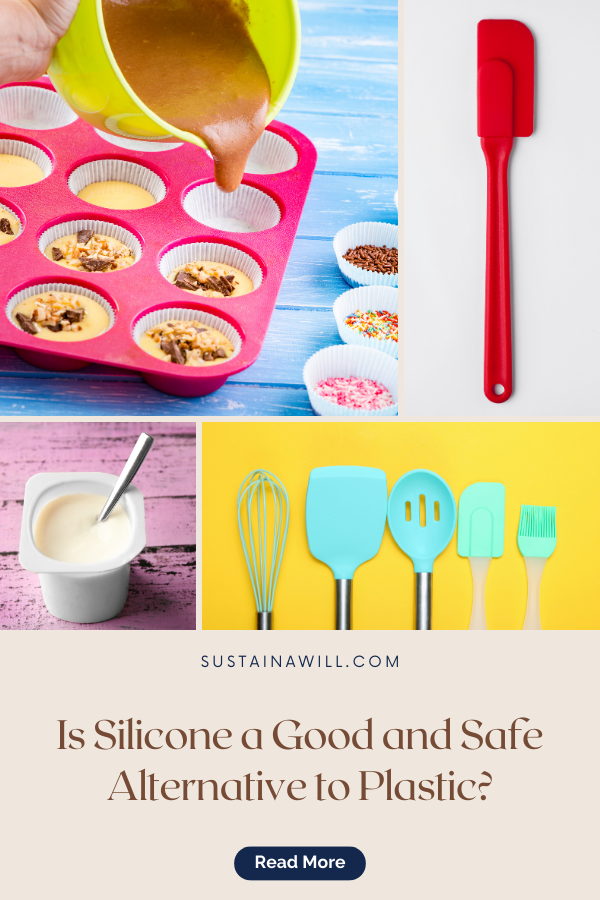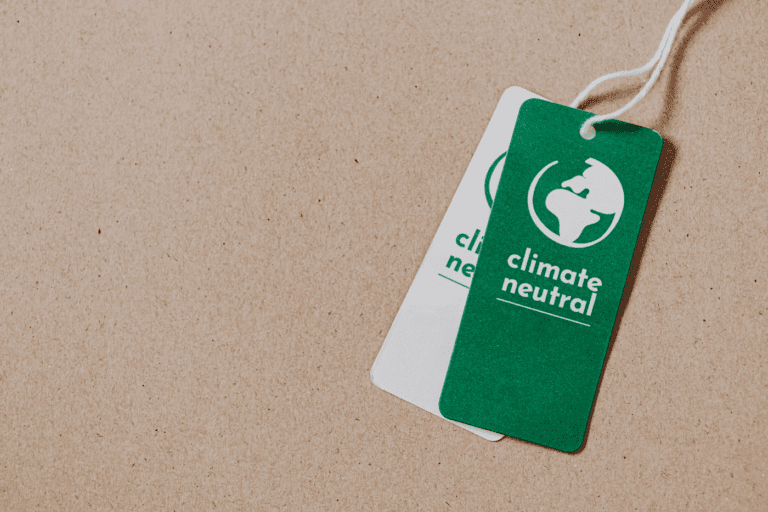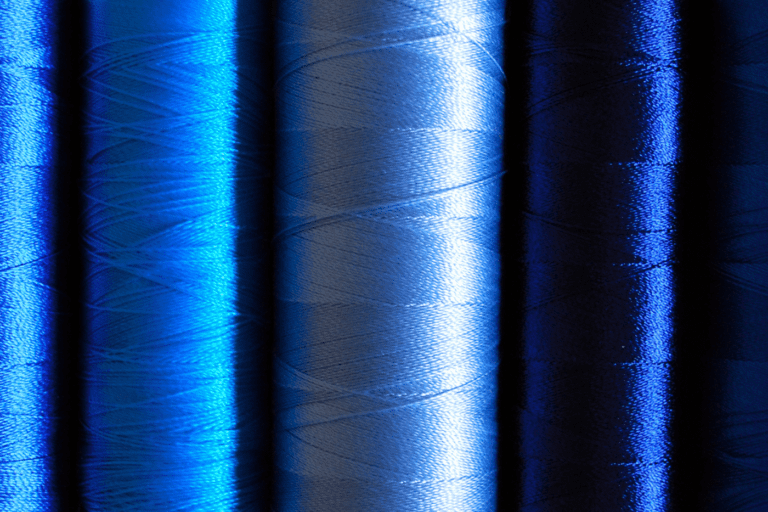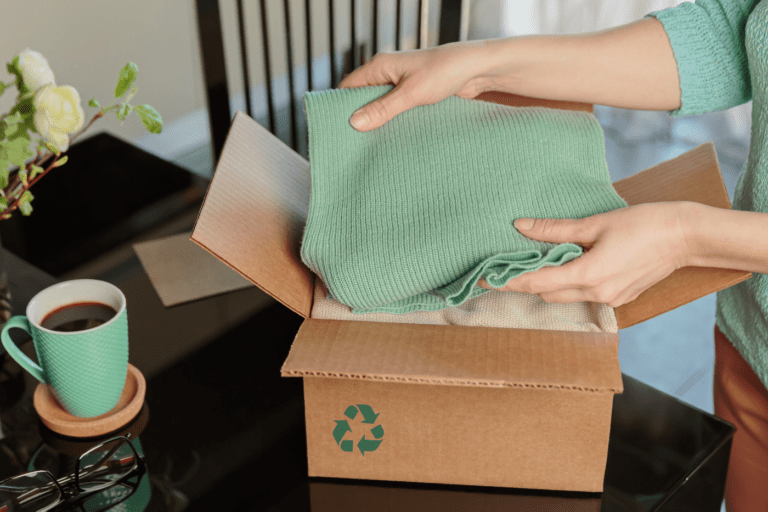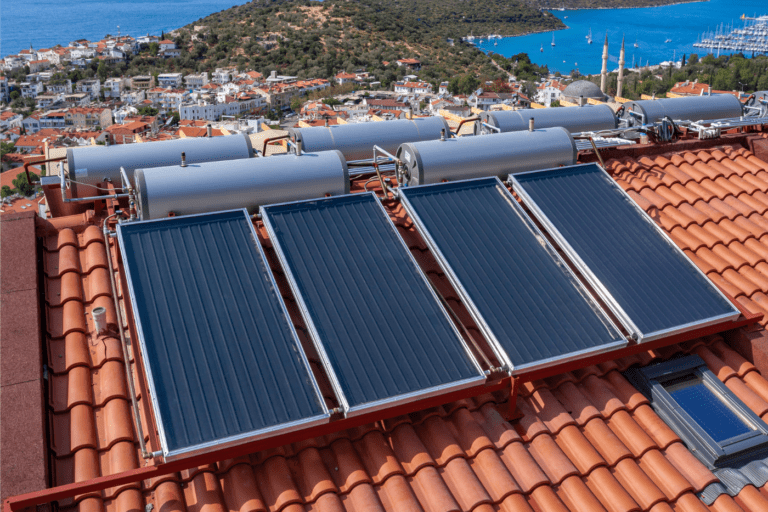As we all know by now (unless you’re living under a rock), silicone is widely celebrated as an environmentally friendly alternative to plastic.
It’s a promising material in a world wrestling with the environmental challenges of plastic.
But hey, we get it; the questions linger. Is silicone truly a good and safe alternative to plastic? Are there nuances you should know? Buckle up, because we’re about to unravel the mysteries, address your uncertainties, and guide you through the silicone landscape.
What is Silicone?
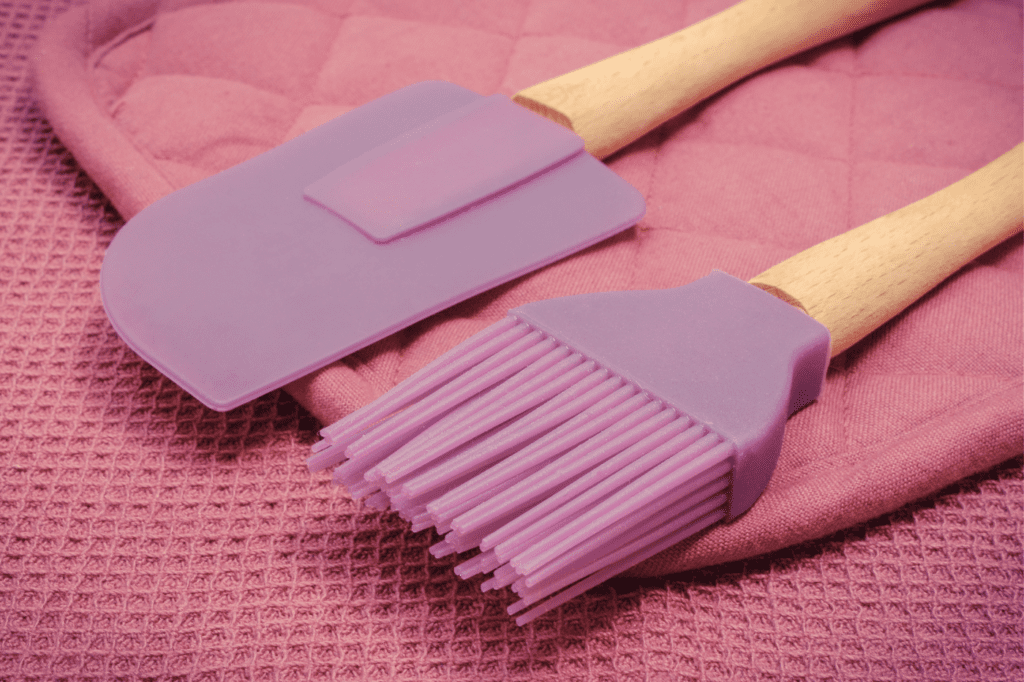
Silicone is a versatile polymer made from silicon, oxygen, carbon, and hydrogen atoms. Renowned for its flexibility, heat resistance, and durability, it’s the unsung hero in a myriad of everyday items.
For a deeper dive into the eco-friendliness and biodegradability of silicone, check out our insightful exploration.
Silicone Vs Plastic
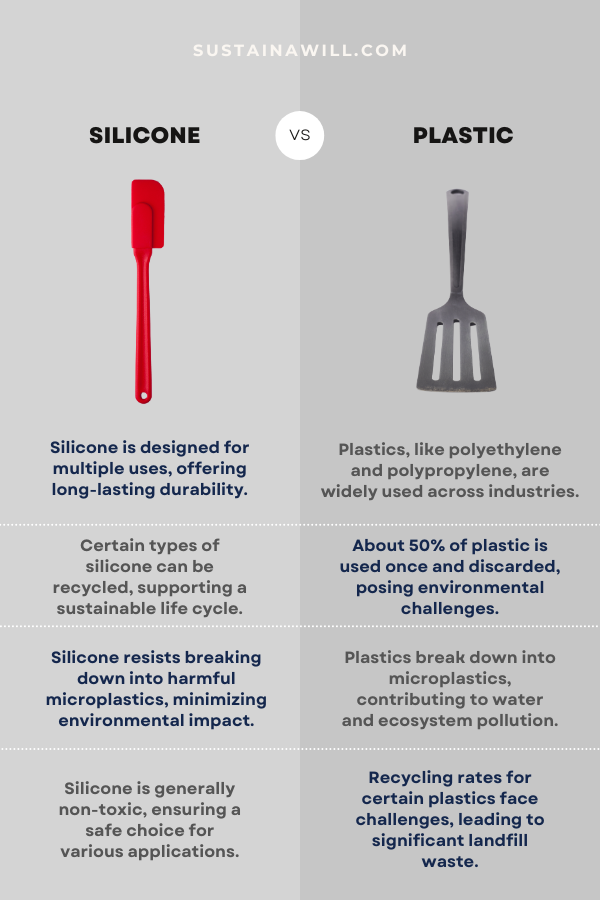
Composition
- Silicone: Made from silicon, oxygen, carbon, and hydrogen, it’s durable and flexible. Found in kitchenware and even medical devices.
- Plastic: Derived from petrochemicals, it’s everywhere—packaging, goods, you name it.
Environmental Impact
Silicone is generally greener due to its durability and potential for recycling. Plastic, on the other hand, is known for its environmental drawbacks, from pollution to resource-intensive production.
Recycling
Silicone has some potential for recycling, but the system isn’t foolproof. Plastic recycling can be a bit of a challenge, with many types facing issues in the recycling process.
Toxicity
Silicone is considered non-toxic, releasing minimal harmful substances. Some plastics can leach toxins, especially under certain conditions like too much heat.
Versatility
Silicone is versatile, showing up in various industries. Plastic is the classic go-to, adapting to different uses but often with environmental consequences.
Decomposition
Silicone takes a while to decompose, but it doesn’t break down into microplastics easily. Plastic is notorious for sticking around for centuries, contributing to microplastic pollution.
Conclusion
While both materials have their uses, silicone emerges as a greener alternative in many applications due to its durability, potential recyclability, and lower environmental impact compared to specific types of plastic.
Is Silicone Safer Than Plastic?
Yes, generally speaking, silicone is considered safer than certain plastics. It’s less likely to leach harmful chemicals, providing a safer option for various applications.
Is Silicone Healthier Than Plastic?
Yes, when it comes to health considerations, silicone often takes the lead. It’s known for its non-toxic nature, making it a healthier choice compared to certain plastics that may release harmful substances over time.
Is Silicone Safer Than Plastic for Food?
Absolutely. ‘Food grade’ silicone is widely used in kitchenware like baking mats, utensils, and food storage containers because it’s considered food-safe and doesn’t leach harmful chemicals into your food.
In contrast to “food grade” silicone, plastics (particularly those with recycling codes 3 (polyvinyl chloride or PVC) and 7 (other, often containing bisphenols)), can pose concerns when it comes to food safety.
They may contain additives or chemicals that, over time, can leach into the food they come in contact with. This leaching is more likely to occur when plastics are exposed to heat, acidic foods, or prolonged use.
Is Silicone Better for the Environment Than Plastic?
Yes, absolutely. Considering that, in our disposable-centric world, around 50% of plastic is used once and discarded (source: Plastic Oceans Foundation), silicone is a beacon of hope because it is always designed to be used several times and for the long term.
This inherent quality alone makes silicone a more sustainable choice, significantly reducing the environmental burden associated with single-use plastics.
Together with its resistance to breaking down into harmful microplastics, it contributes to a lower environmental footprint compared to certain plastics, like traditional polyethylene and polypropylene, which are extensively utilized across various industries.
So, in a nutshell: Choosing silicone aligns with a greener lifestyle, supporting the health of our planet for the long haul.
Conclusion
Here’s the gentle yet urgent call: Choose silicone over single-use plastics. Make informed decisions. Share your knowledge. Every step counts in steering our collective journey towards a greener, cleaner world. Act now, and let’s turn the tide against plastic pollution.
